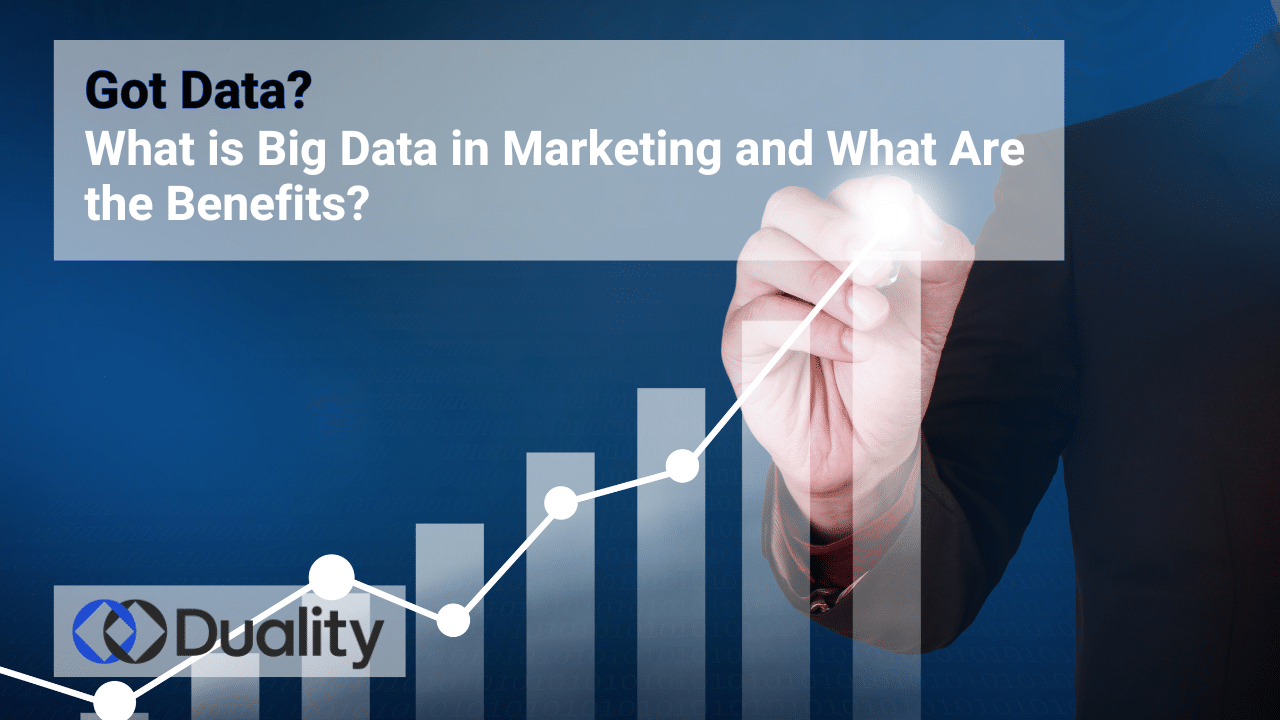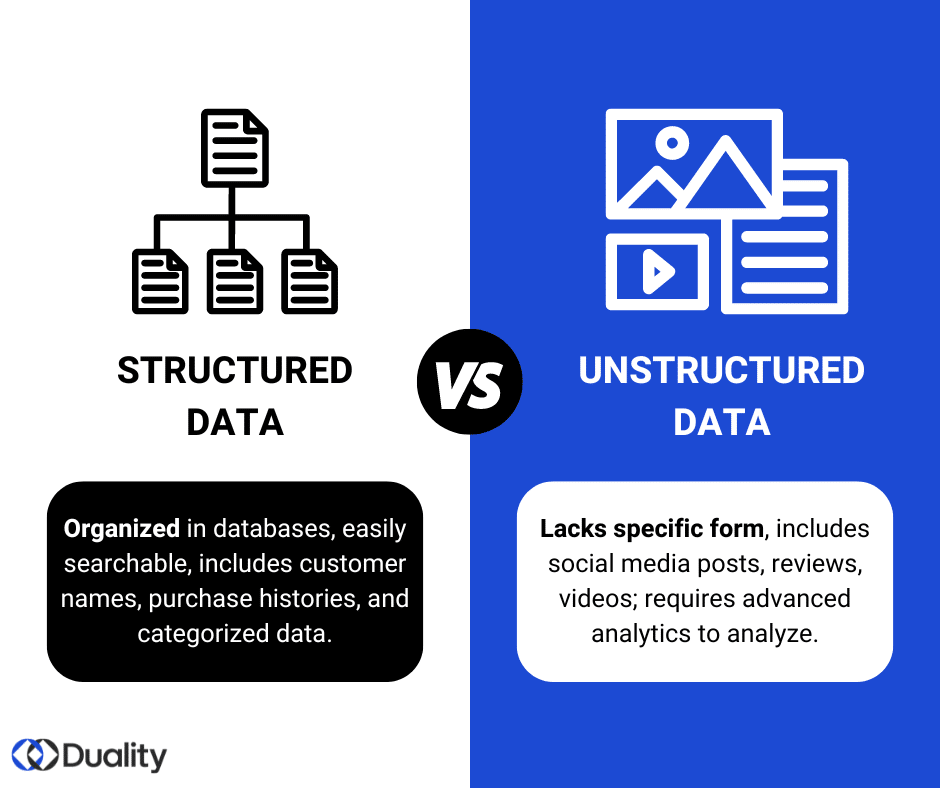Marketing data collection has come a long way over the years due to technological advancements. Back in the 1980s, marketers mainly used basic data from customer relationship management (CRM) systems. Then came the 1990s with the Internet and online shopping, which brought web analytics ecosystems into the picture to track website traffic and user behavior. The 2000s saw the rise of social media and mobile devices, opening up more data collection opportunities but also creating challenges in integrating data across different platforms. The 2010s were all about new tools like Media Mix Modeling (MMM) and Multi-Touch Attribution (MTA) that helped marketers get better insights into their marketing effectiveness.
Now, with big data, artificial intelligence (AI), and machine learning, marketing has transformed again. We can analyze data in real time, run personalized marketing campaigns, and more. However, these advancements also bring significant challenges, especially in light of evolving privacy regulations like the CA Delete Act, which expands data protection responsibilities beyond initial collectors to those who analyze and process the data. This shift, much like the EU and UK’s GDPR, is prompting concerns among data aggregators and providers as it disrupts traditional operations. Additionally, while AI models offer promising opportunities for marketing departments to customize and leverage data, there are hurdles related to ensuring data privacy, security, and governance. Both companies and AI model owners face the challenge of balancing innovation with the need for strong legal protections and trust.
As marketers strive to create targeted campaigns and predict future trends, they must navigate these complexities while effectively leveraging their data—often with the help of AI models. The types of data being collected and how it’s used are now more critical than ever in shaping successful marketing strategies.
What Exactly is Big Data in Marketing?
Large volumes of structured and unstructured data are generated every second from various marketing sources including mobile devices, customer feedback, customer interactions, the Internet of Things, and website analytics. With this data, marketers make data-driven insights to understand and anticipate their customers’ needs, preferences, and behaviors on an unprecedented scale. The more data a marketer has, the greater their ability to make precise predictions, create personalized marketing strategies, and drive more customer engagement.
- Structured Data: Information that is organized into databases, making it easily searchable. This could include customer names, purchase histories, or any other form of data that can be neatly categorized.
- Unstructured data: Information that lacks a specific form or model. It includes information from social media posts, customer service reviews, videos, and other data that requires more advanced analytics to break down and understand.
Types of Data Marketers Collect
The categorization of data helps marketers understand their data, allowing for more targeted marketing efforts.
- Customer Data: Includes demographic, behavioral, attitudinal, and transactional data collected from marketing campaigns, points of sale, websites, surveys, social media, and loyalty programs.
- Operational Data: Involves metrics related to marketing processes, resource allocation, asset management, and budgetary controls.
- Financial Data: Comprises sales, revenue, profits, and other financial metrics that measure the financial health of the organization.
- Technographic Data: Information about the technologies used by customers or their companies, which helps in understanding workflows and pain points.
- Firmographic Data: Data about companies, such as industry, number of employees, and revenue, useful for account-based marketing.
How Marketing Businesses Can Benefit From Big Data
Internal Benefits for Marketers
Big data analytics is a goldmine for the digital marketing industry, providing tools to create winning strategies and impactful campaigns. With predictive analytics, advanced analytics tools, and data-driven decisions, marketers can use big data to stay ahead of their competition.
#1 Predictive Analytics
Predictive analytics involves using historical and current data to forecast future outcomes. It can predict potential customer behavior, market trends, and purchasing patterns, equipping marketing teams with valuable insights that can drive their marketing strategy.
For example, by analyzing past purchasing patterns, a marketing team can identify likely future purchases and tailor campaigns to target those predicted behaviors.
#2 Advanced Analytics
Advanced analytics entails a comprehensive examination of data using sophisticated techniques. This form of marketing analytics goes beyond traditional business intelligence, tackling complex scenarios like market prediction, customer segmentation, and risk analysis. Brands leveraging advanced analytics can launch targeted marketing campaigns that speak directly to customer needs and preferences, ensuring a higher return on investment.
For instance, advanced analytics can segment customers into distinct groups based on behavior, allowing for highly personalized marketing approaches.
#3 Real-Time Decision Making
Preferences shift quickly and trends change overnight so being able to analyze data in real time means marketing strategies can be adjusted instantaneously, allowing marketers to adapt to changing market situations quickly. Real-time insights can augment customer engagement efforts, responding swiftly to customer queries and concerns, which ultimately elevates the customer experience.
For instance, suppose a potential customer is browsing your website. Real-time data analysis can determine which products they are most interested in based on their browsing history. With this data, a personalized marketing strategy can be devised on the fly, driving them to make a purchase.
Monetizing Marketing Data
As you can see, marketing companies hold a treasure trove of valuable data. What they don’t know is this data can be monetized to generate significant revenue. Marketing companies can turn into data service providers, selling to people who are eager to use their data for their own needs.
Who Buys Marketing Data?
Several types of buyers are interested in purchasing marketing data:
- AI Model Trainers: Companies developing artificial intelligence models require vast amounts of data to train their algorithms. This includes firms in sectors such as autonomous vehicles, healthcare, finance, and retail.
- Hedge Funds and Asset Managers: These financial entities use data to gain insights into market trends and make informed investment decisions. They often purchase data to enhance their predictive analytics capabilities and generate alpha (active return on investment).
- Consultancies and Corporations: Businesses across various industries seek data to improve their marketing strategies, customer experience, and operational efficiency.
This strategy not only generates new revenue streams but also solidifies the marketing company’s industry leadership, enhancing market position, creating new partnerships, and giving companies a competitive advantage.
Challenges of Using Big Data in Marketing
Data Privacy and Security
With the increasing amount of data collected, ensuring the privacy and security of customer data is crucial. Marketers must comply with data protection regulations and implement security measures to protect sensitive information.
Data Integration
Integrating data from various sources can be challenging, especially when dealing with unstructured data. Marketers need advanced tools and technologies to analyze data effectively.
Data Quality
Ensuring the accuracy and reliability of data is crucial for making informed decisions. Inaccurate or outdated data can lead to incorrect insights and poor marketing outcomes.
Skill Gaps
The complexity of big data analytics requires skilled professionals who can interpret data and derive meaningful insights. Investing in training and hiring the right talent is necessary to use big data effectively.
The Future of Big Data Marketing
One of the most transformative areas to watch is the rise of AI models and machine learning. These technologies are shifting data-driven marketing by enabling businesses to uncover patterns and trends more easily, making actionable insights that drive their decision-making process. This allows marketers to make faster, more accurate decisions, enhancing the effectiveness of their campaigns and strategies. As these technologies continue to develop, the potential for more sophisticated and impactful marketing strategies will grow.
However, with the increasing reliance on data, an important question arises: how can marketing companies share their valuable data safely? Ensuring data privacy and security is crucial for the protection of users and companies alike. Duality can help protect this data, offering solutions that enable secure data sharing and collaboration without compromising privacy.
Unlocking Big Data Marketing Potential with Duality Tech
Duality’s secure data collaboration platform offers a comprehensive solution for marketing companies looking to monetize and share their data safely. By employing confidential computing and advanced techniques like federated learning, Duality provides technical guarantees that protect both data and AI models during collaboration. This not only ensures that sensitive information remains secure throughout the data-sharing process but also minimizes IT and governance overhead, allowing marketing firms to confidently expand their use cases. With Duality, businesses can unlock new revenue streams, enhance their marketing strategies, and remain compliant with evolving privacy regulations, all while maintaining data integrity.
Contact us today to learn how we can help your business collect, store, protect, and use big data to make better business decisions and explore new revenue opportunities for your marketing business.
Resources


















